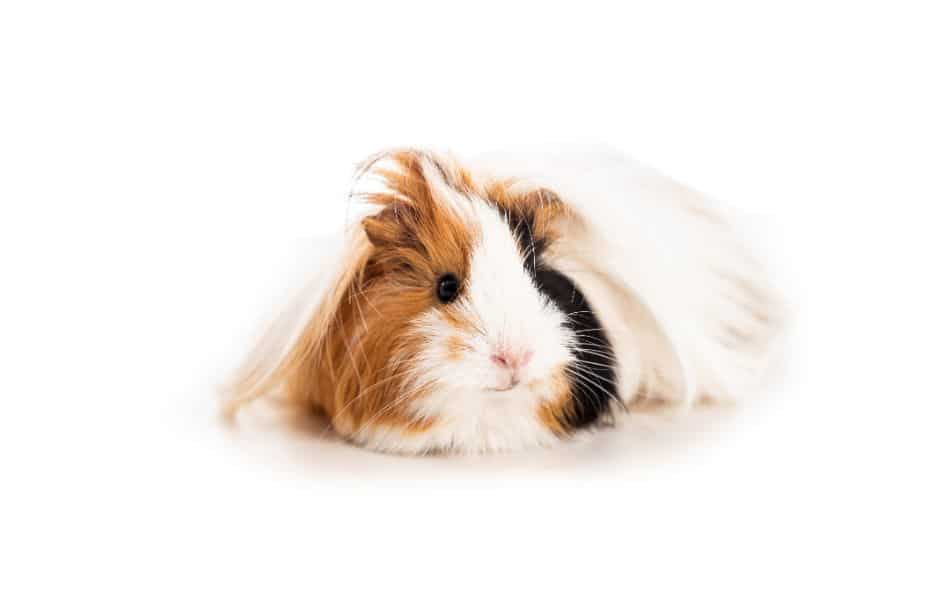Cucumber is a commonly found vegetable in households across the world. It is a refreshing and healthy snack for humans, but is it safe for guinea pigs to eat? I have received this question from various guinea pig owners and it deserves a proper answer.
In this blog post, we will explore whether guinea pigs can eat cucumber, the nutritional value of cucumber, the health benefits and risks of feeding cucumber to guinea pigs, and guidelines for feeding cucumber to guinea pigs.
A balanced diet is essential for the health and well-being of guinea pigs. It helps them maintain a healthy weight, promotes healthy digestion, and prevents health problems. Guinea pigs require a diet that is high in fiber, moderate in protein, and low in fat. A balanced diet for guinea pigs includes hay, fresh vegetables, and a small amount of pellets.

Nutritional Value of Cucumber for Guinea Pigs
Cucumber is a low-calorie vegetable that is mostly composed of water. It is rich in vitamins and minerals such as Vitamin C, Vitamin K, Potassium, and Magnesium.
Vitamin C is an essential nutrient for guinea pigs, as they are unable to produce it on their own. It helps boost their immune system and promote healthy skin and fur. Vitamin K is important for blood clotting, while Potassium and Magnesium are crucial for maintaining healthy muscles and nerves.
Health Benefits of Cucumber for Guinea Pigs
Cucumber can be a healthy addition to a guinea pig’s diet. It is low in calories and high in water content, which can help promote hydration and prevent constipation. The high Vitamin C content in cucumber can also boost their immune system and promote healthy skin and fur.
Effects of cucumber on guinea pig’s body
Cucumber is a cooling vegetable, and feeding it to guinea pigs during hot weather can help them regulate their body temperature. It can also help prevent heat stroke, which is a common problem in guinea pigs during summers.
Role in preventing health problems in guinea pigs
Feeding cucumber to guinea pigs in moderation can help prevent certain health problems such as obesity and dental issues. The fiber content in cucumber can promote healthy digestion and prevent constipation.
The Risks of Feeding Cucumber to Guinea Pigs
Feeding cucumber to guinea pigs in excess can lead to diarrhea and upset stomach. It is also important to note that cucumber is low in protein and should not be the sole source of nutrition for guinea pigs.
While cucumber is high in water content, it should not be relied upon as the sole source of hydration for guinea pigs. They should always have access to fresh, clean water.
Guidelines for Feeding Cucumber to Guinea Pigs
Guinea pigs can eat a small amount of cucumber as a treat, but it should not be the main part of their diet. A few small slices of cucumber once or twice a week is sufficient.
Feeding cucumber to guinea pigs frequently can lead to digestive problems. It should only be given as an occasional treat.
Cucumber should be washed thoroughly before feeding it to guinea pigs. It can be sliced into small pieces or grated for easy consumption.
Conclusion
So, yes, guinea pigs can indeed eat cucumber, but it should be given in moderation as a treat and should by no means be a large part of their diet.
Cucumber is a healthy addition to a guinea pig’s diet in moderation. It can help promote hydration, prevent constipation, and boost their immune system. However, feeding it in excess can lead to digestive problems.
I always recommend a balanced diet for guinea pigs that includes hay, fresh vegetables, and a small amount of pellets.
While cucumber can be a healthy addition to their diet, it should not be relied on as the sole source of nutrition. As always, consult with your veterinarian if you have any concerns about your guinea pig’s diet.
- How Long Do American Eskimo Dogs Live? Important Factors and Care Tips - September 29, 2023
- Do American Bulldogs Need Grooming? Essential Tips and Care Guidelines - September 29, 2023
- Do Bengal Cats Enjoy Playing? Essential Tips for Keeping Them Active - September 29, 2023